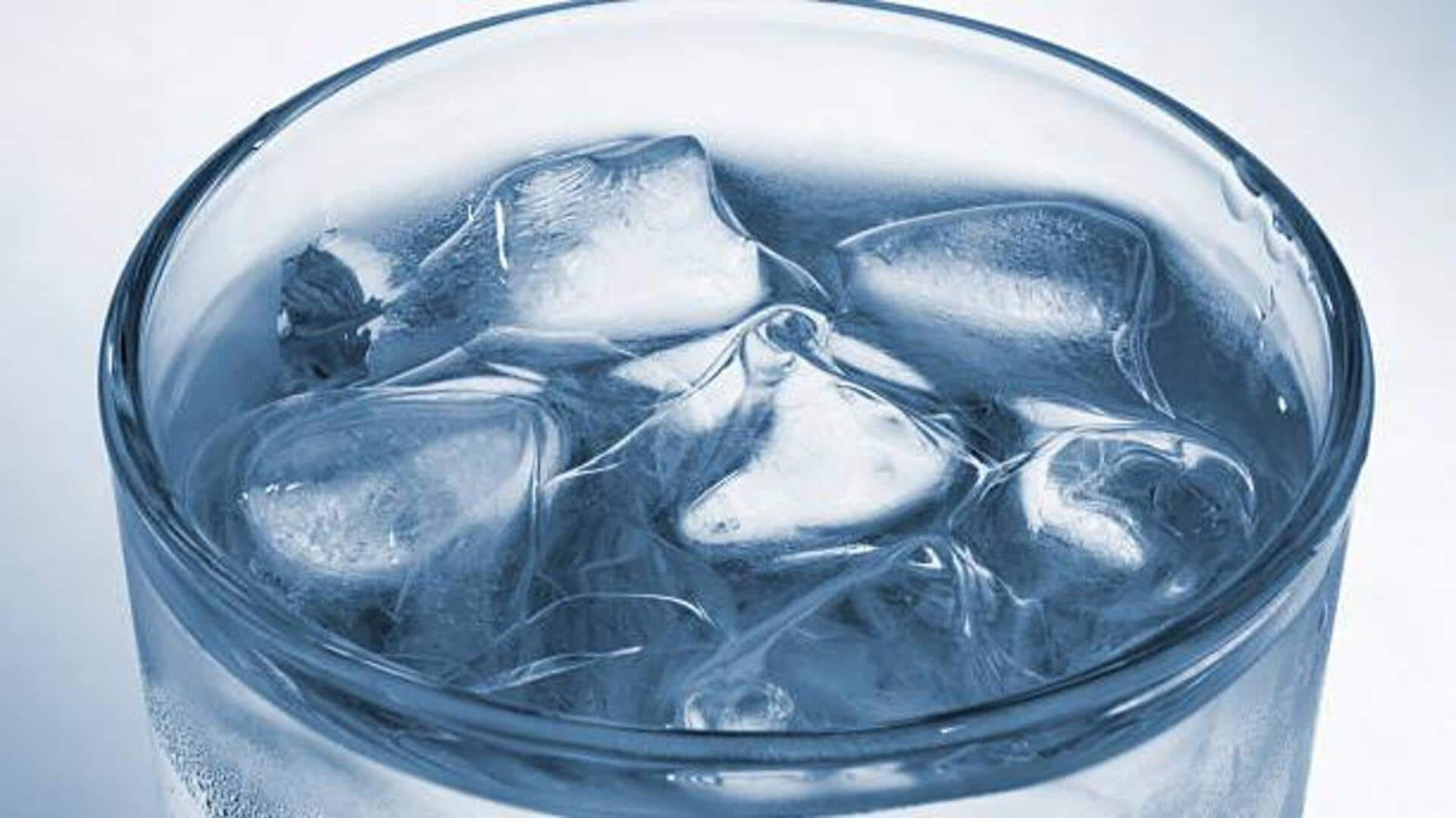
Cold water and weight loss: Myth v/s facts
What's the story
The idea that drinking cold water can help you lose weight has become a popular belief. The idea is that the body burns calories to warm the cold water to body temperature, thus aiding weight loss. But, is there any truth to this? Let's take a look at the science behind this claim and see if cold water really helps you lose weight.
#1
The thermogenic effect explained
The thermogenic effect refers to the energy expenditure involved in digesting and processing food and beverages. When you drink cold water, your body may use energy to warm it up to body temperature. However, experts say this effect is minimal. The number of calories burned by this process is negligible and unlikely to have any significant impact on weight loss.
#2
Impact on metabolism
Metabolism is the process through which your body converts food into energy. While some believe that drinking cold water can boost metabolism by a small margin, studies indicate that any increase is temporary and minor. The metabolic boost from drinking cold water is nowhere near enough to make a difference in weight loss over time.
#3
Hydration and appetite control
Staying hydrated is key to controlling appetite and maintaining overall health. Some studies indicate that drinking water, regardless of its temperature, may help control hunger pangs by filling up the stomach. This can prevent overeating by tricking the brain into feeling full. However, it has nothing to do with whether the water is cold or warm.
Tip 1
Practical tips for effective hydration
To reap the benefits of hydration without worrying about temperature's effect on weight loss, focus on drinking enough fluids throughout the day. Aim for eight glasses of water daily or adjust according to your activity level and climate conditions. Incorporate other hydrating beverages like herbal teas or infused waters for variety, while ensuring adequate fluid intake.